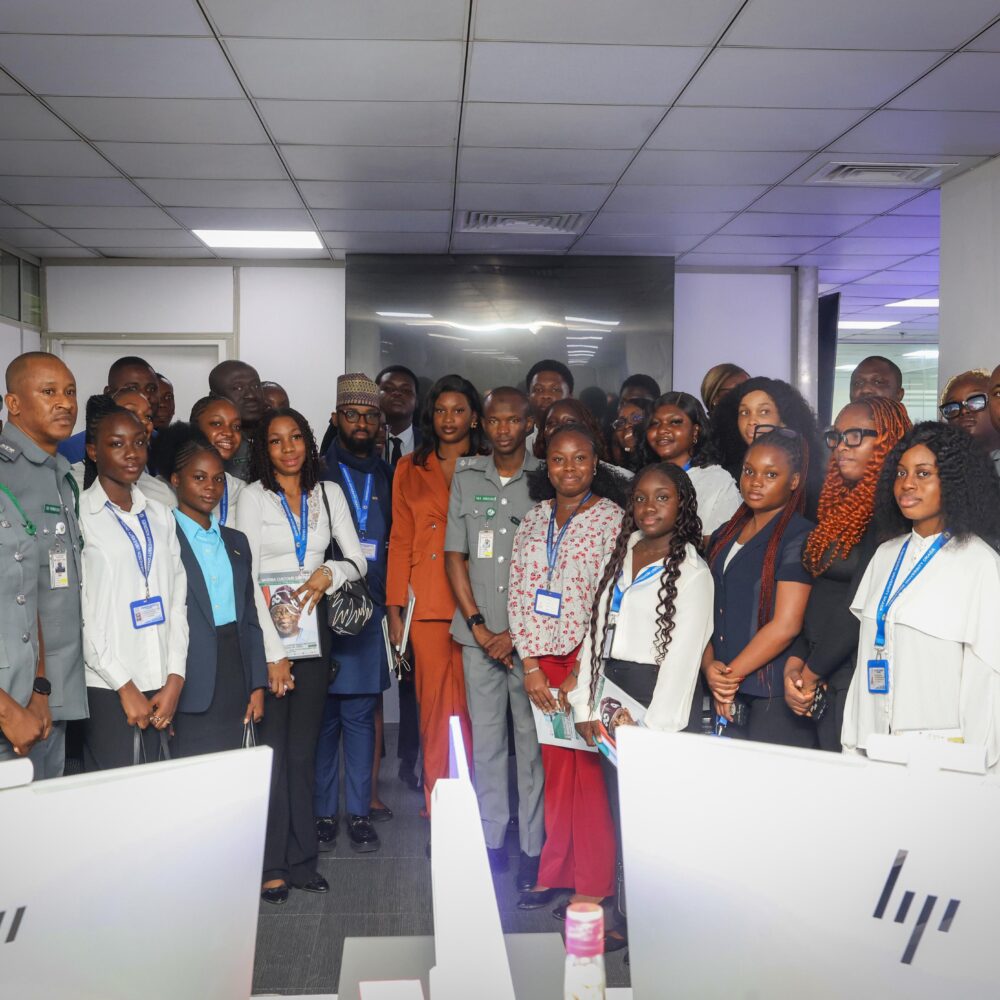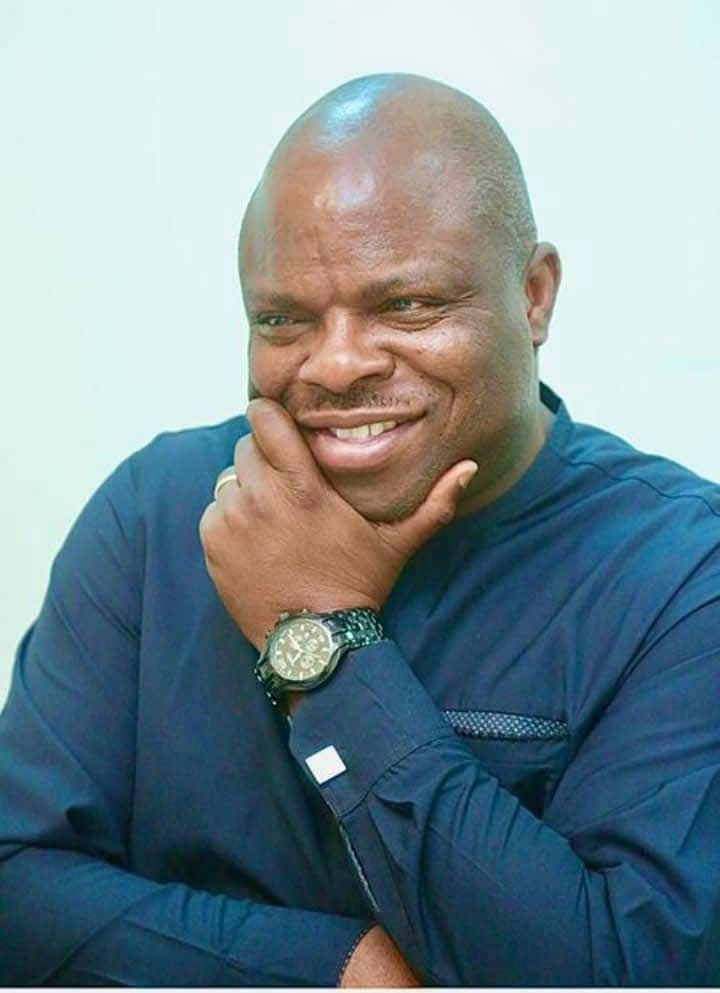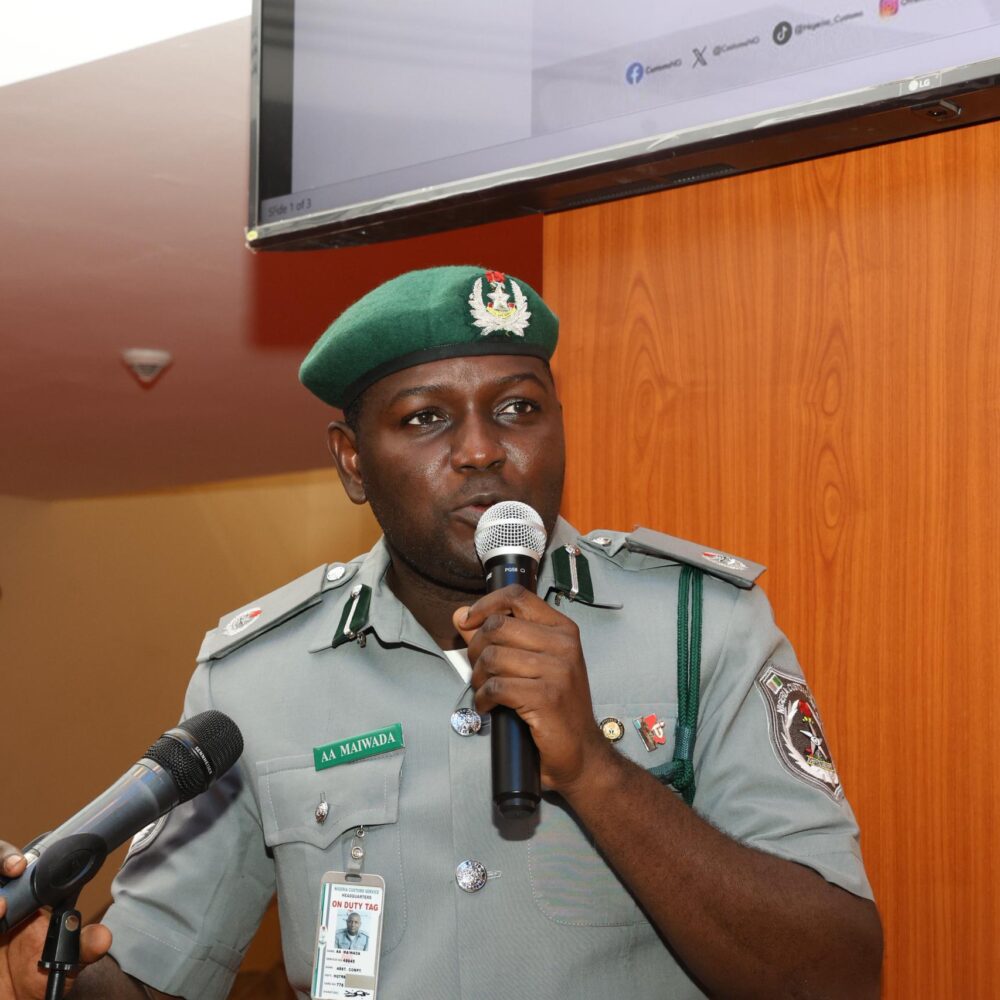The Sultan of Sokoto and President-General of the Nigerian Supreme Council for Islamic Affairs (NSCIA), Alhaji Sa’ad Abubakar III, has urged African countries to look inward in and learn from the treasures of wisdom of its past leaders and development so as to get solutions to the challenges facing the continent.
Sultan gave the charge on Friday in Abuja at a three-day international symposium organised by Moroccan based Islamic organisation, Mohammad VI Foundation For African Oulema, with the theme, “The Islamic African Heritage: Memory and History”.



He said that the Islamic heritage in Africa was rich, deep, and that there are huge collections of manuscripts in private, public universities, and libraries and research centres across the world.
Commending the foundation and organisers of the symposium, the Sultan urged participants to ensure maximum interactions to deliver expectations of Muslims, not only in Africa but across the world.
“At a time where Africa needs fresh ideas for its rejuvenation, we need to look inward in the hiding treasures of wisdom of our past. This will enable us to get the impetus to chart a new course that will address and solve the many problems facing us today.
“I am confident that in the rich legacies of ours, we shall find that which our grandfathers found which make them build the great empires of the great of the past and contributed to humanity like all other civilisations,” Sultan said.
Earlier, the Secretary-General of the foundation at the Kingdom of Morocco, Dr Si Mohammed Rifki, said the symposium was a concrete step in the fulfilment of one of the foundation’s objectives.
He said, “In keeping with the pledge to implement the proposals and recommendations adopted by the members of the committee for the revival of the African Islamic heritage, with all its chapters.
“The symposium will therefore address a topic of paramount importance. This is one of the heritage themes adopted by the committee as a target programme.”
On his part, the FCT Minister, Malam Muhammad Musa Bello, expressed optimism that the symposium would find lasting solutions to the persisting African political and socioeconomic issues, and also strive for peaceful coexistence.
The event was attended by about 500 participants from over 3o countries, was to discover the African Islamic heritage, its components, and its stages of development and the contributions of various environments, among many other objectives.
According to the organizers,the symposium also aimed at the preservation of African Islamic manuscripts in particular, through the identification of their nature, centers, the problems and dangers that threaten them and the ways of promoting and preserving them from deterioration and loss.
The conference also seek to establish scientific mechanisms to discover the manuscripts, catalogue them, disseminate and preserve them, using modern technology, as well as restore the damaged ones, digitize them and make them available to researchers.





